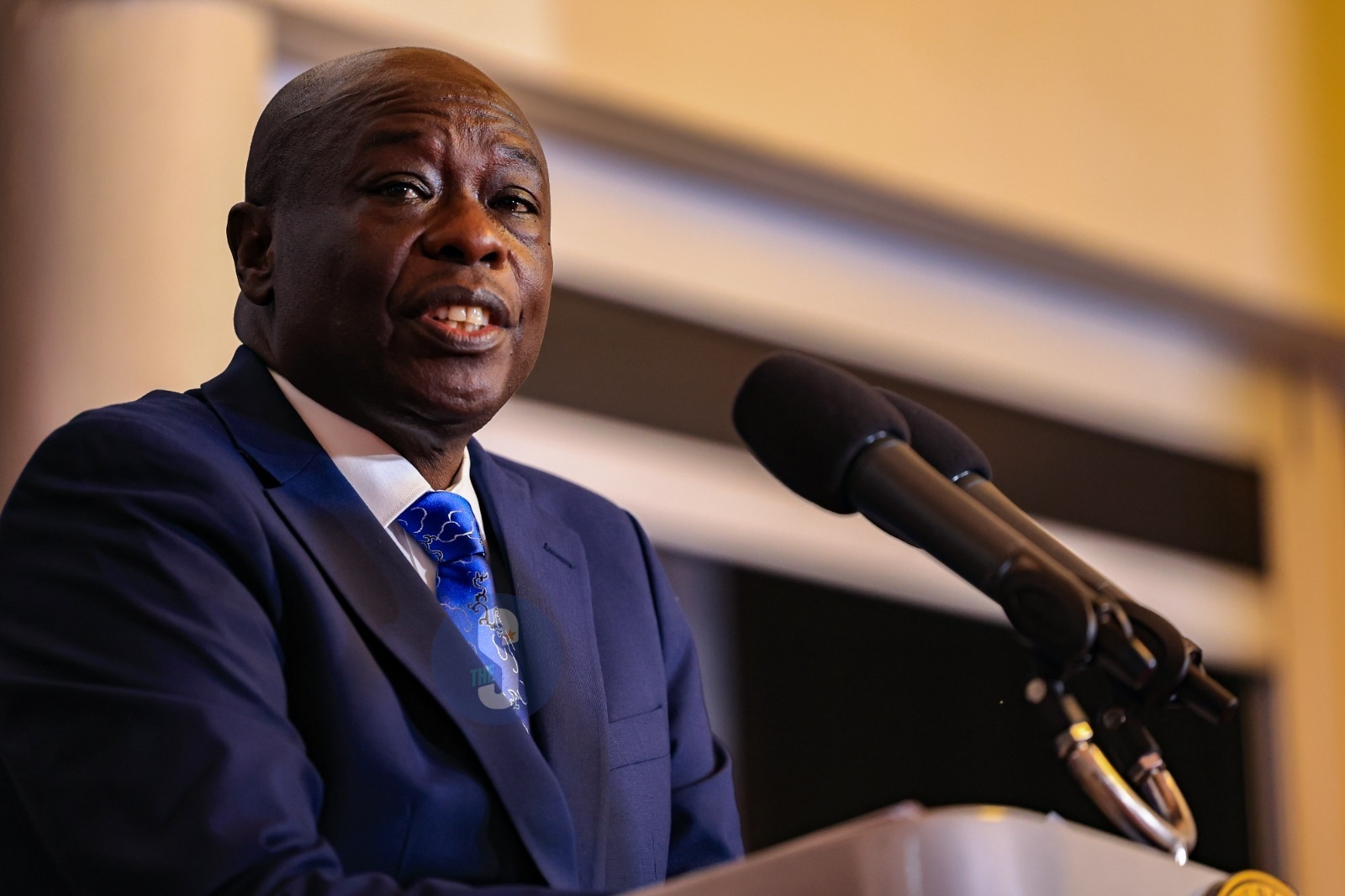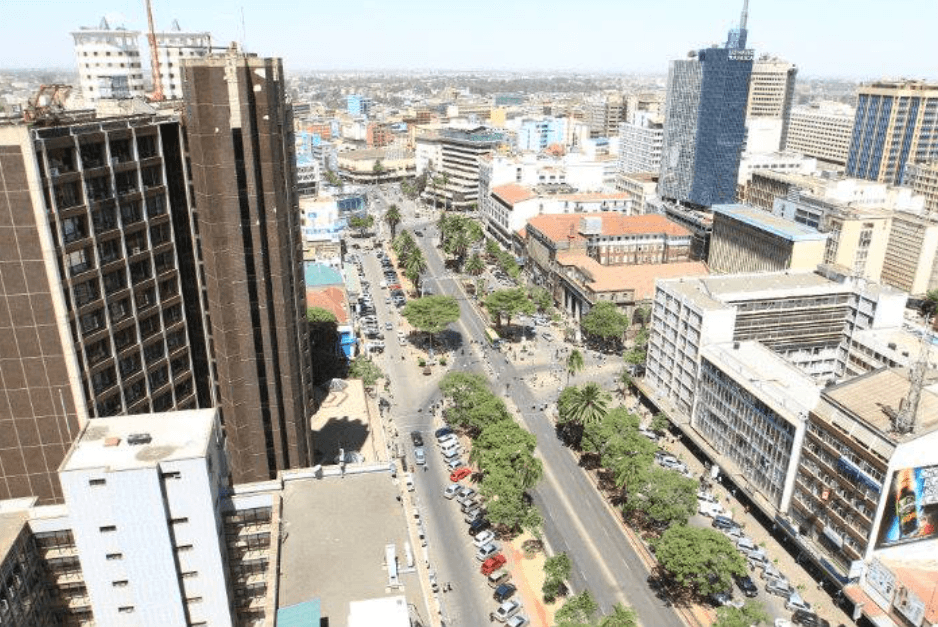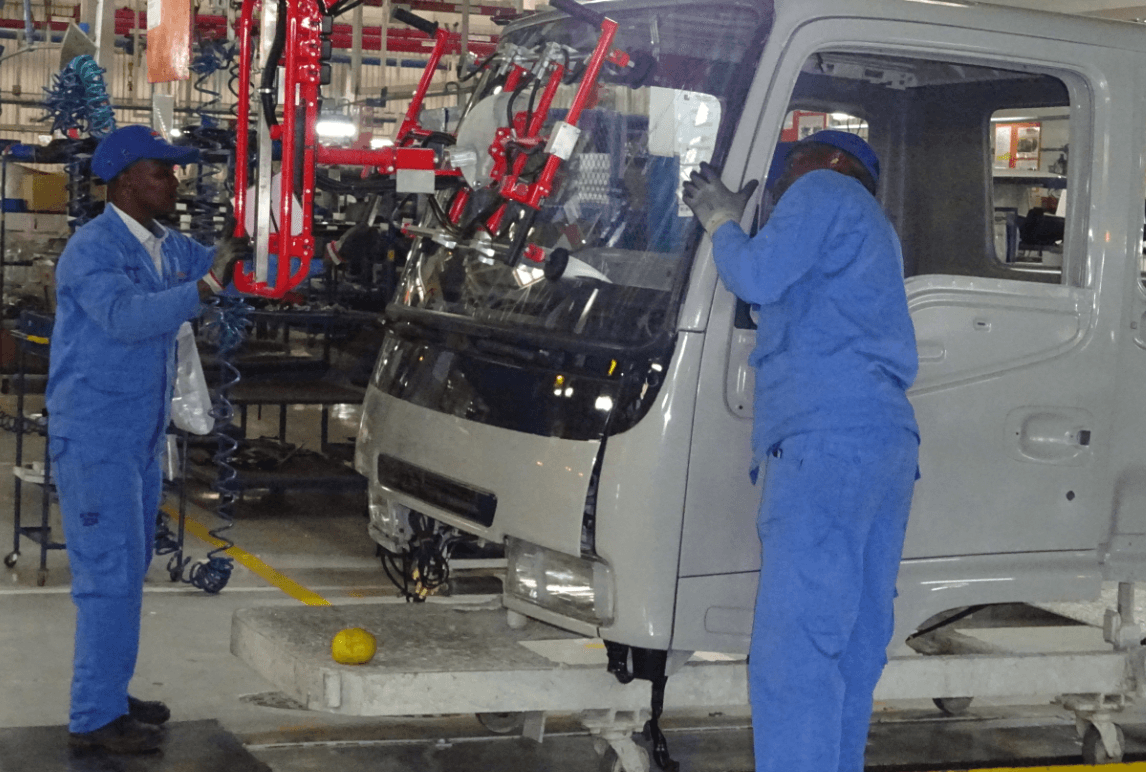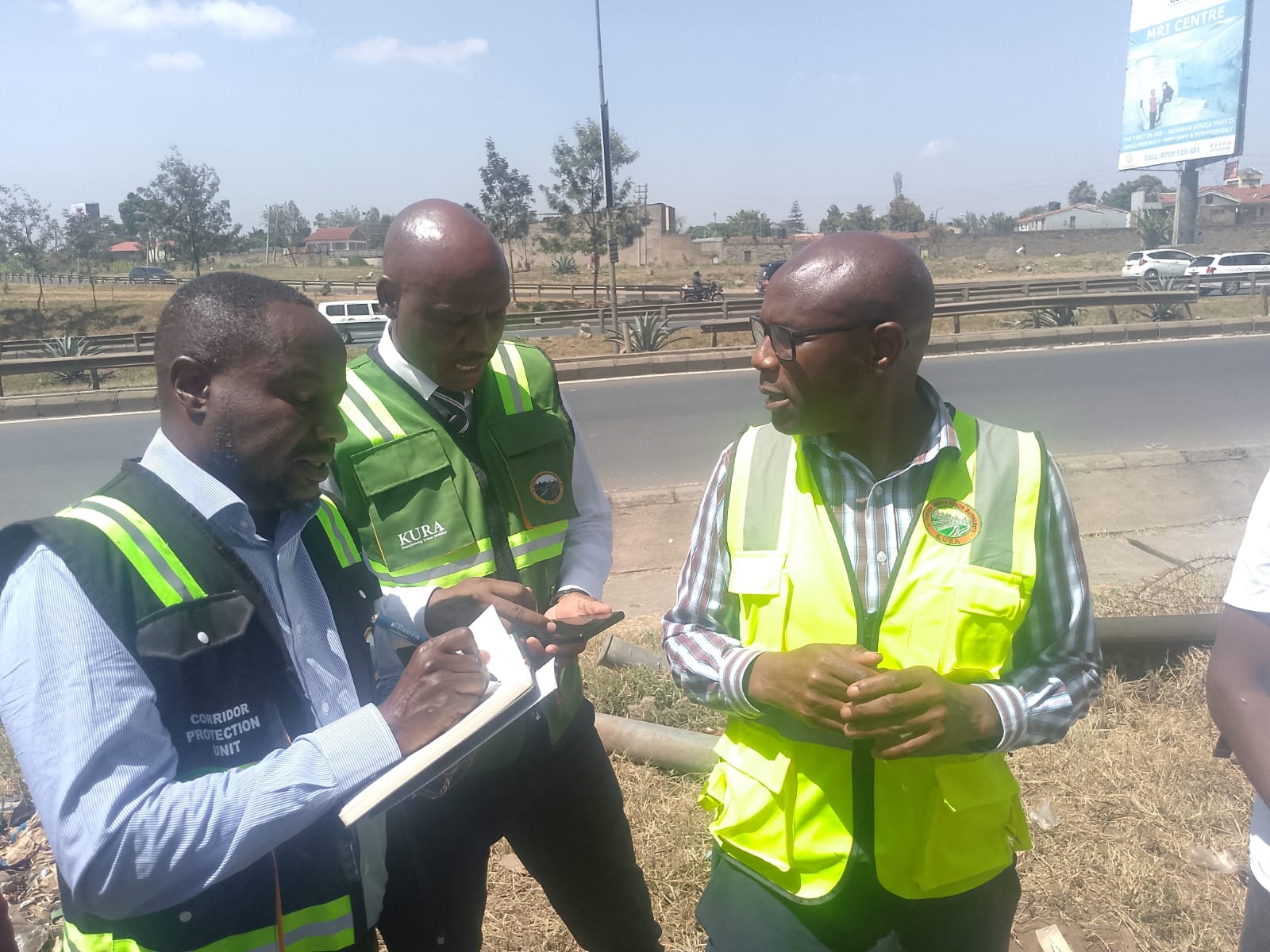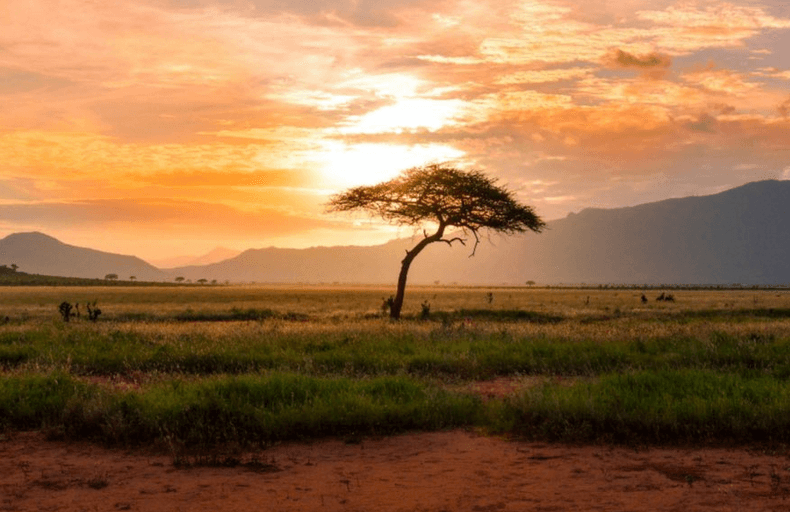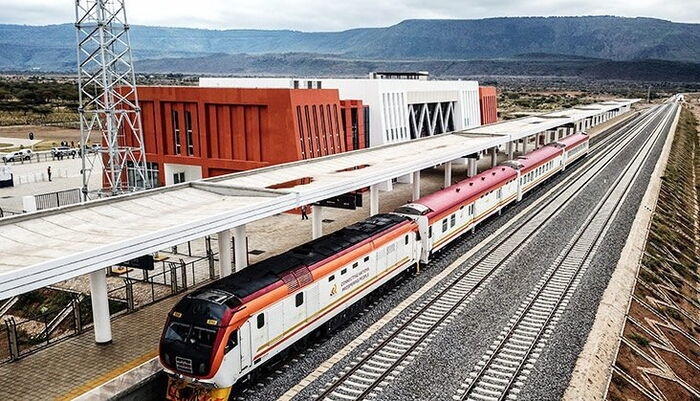It always puts a smile on a parent’s face to see their daughter or son one day decide to marry like them after succeeding in life.
Many families in Kenya still conduct traditional weddings in their homes.
In Bungoma, former minister Musikari Kombo hosted a wedding of his son at the weekend. He is firmly a man of Luhya culture.
Kombo argues that during his time as a younger man everything was done traditionally.
Speaking at his Webuye home on Sunday when addressing a traditional wedding of his son Michael Kombo, the politician urged the African communities to stick to the traditional cultures rather than emulating other cultures that have greatly eroded the morals of the African societies.
“Many people have disowned our own culture and are trying to impose other cultures that we don’t understand, it will be wise if we can stick to our own culture for prosperity,” he said.
The former Minister hails from Balunda clan of the Bukusu community.
The Balunda bury their dead in a sitting position.
Kombo said that those who are copying other cultures should stop and develop their own ways of behavior, arguing that they can earn from the same.
“Why can you emulate other people’s culture yet you have yours, which is very good, if you can plan well then you can mint money from it,” he said.
He cited traditional ceremonies like weddings and circumcision, saying that theirs are different from other communities.
On Sunday, Kombo’s family hosted a traditional wedding where his son Michael was marrying from the Kisii community.
The bridal party from Kisii had come to hand over the bride and took away the dowry after a short ceremony.
Former Bumula MP Bifwoli Wakoli, who chaired for the dowry negotiations for the Kombo’s son, said that the activity is normally done while the elders are silent.
They use sticks to negotiate until they come to an agreement.
During dowry negotiations, six elders from both sides are picked and sit opposite where they appoint a messenger who takes the information from one side to the other.
“Our negotiation today has been very easy because we reached agreement very fast, we are now relatives with the Kisii community,” Bifwoli said.
He said that those who take part in negotiations aren’t picked from outside the family.
Bifwoli said that they reached a consensus where Kombo’s family will give 12 cows and five goats as dowry.
"The animals are ready, it is you to decide when to take them to Kisii," Bifwoli told the Kisii party.
“We decided to go the traditional way because during our times we did not have 'digital weddings' that we are seeing,” he said.
Jenipher Oroko, mother of the bride, said the Kisii family was very happy.
She said before a Kisii bride is taken to the groom, she is guided and counseled on how she will take care of her husband and the new family.
On the material day to get married, she is escorted by women while carrying foodstuffs and singing traditional songs.
“We don’t come at the same time with her, she remains behind and arrives after the negotiations are done. She comes later to bond with new family,” Oroko said.
She added that the Kisii families take time to study the family that is taking their daughter.
Oroko said that while escorting the bride the Kisii party carries foodstuffs that are grown on their land and sing traditional songs as they match towards the home.
When they arrive in the groom's home, she sits before the crowd and is formally received.
She said that the wealth of the home is measured by the presence of cattle.
The exchange of milk symbolizes that the new couple is blessed and in their lifetime encouraged to keep herds of cattle as a sign of wealth.
A home without cattle and milk is considered poor.
West Mugirango MP Steve Mogaka called on President Ruto’s government to support traditional cultures.
“We have seen our cultures being eroded. I therefore appeal to Ruto’s administration to allocate funds towards reviving our traditional museums and do a rotational hosting of events in all the 47 counties to stage shows where our youths can showcase their talents,” Mogaka said.
Mogaka said tourism is not only going to the Mombasa beaches but also western attraction sites should be considered.
Mogaka said he wass ready to present motions before Parliament to amend laws on tourist sites countrywide, adding that he wants every county to benefit from tourism.






